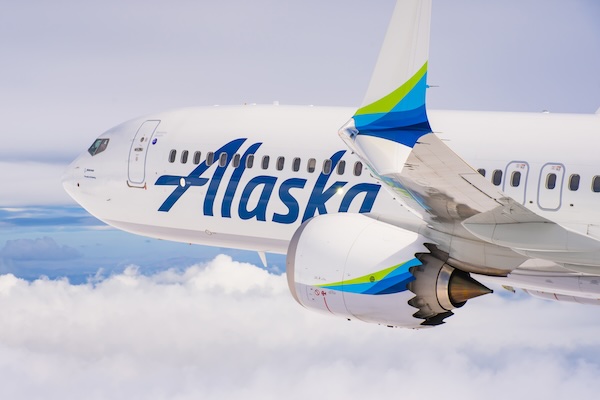The Boeing 737 Max 9 aircraft remain grounded as the US authorities carry out stringent safety checks. The inspections follow an incident involving an Alaska Airlines flight.
While safety is the top priority, the timeline for the aircraft’s return to service is still unclear. The process involves meticulous scrutiny of manufacturing practices and production lines.
The Federal Aviation Administration (FAA) continues its meticulous inspections of the Boeing 737 Max 9, following a troubling incident with an Alaska Airlines flight where a cabin panel dislodged. As part of the initial safety measures, the FAA inspected 40 aircraft but has not yet authorized the type’s return to commercial service. These aircraft are to remain grounded until all safety protocols meet the stringent requirements set forth by the FAA.
The findings from this investigation will play a crucial role in determining the future steps towards certifying the aircraft as airworthy once more. The aviation giant is under pressure to enhance its inspection and maintenance process to meet FAA standards.
Airlines are confronted with operational challenges, as rerouting and cancellations become inevitable, leading to increased frustration among travellers.
Addressing these challenges is essential for restoring public trust and ensuring that all parts meet the designated safety standards.
Boeing, in collaboration with the FAA, is committed to overcoming these hurdles and restoring confidence in its fleet, but it remains a complex process that demands time and diligence.
The FAA’s stance prioritizes safety over speed, as noted in their recent statement. “The safety of the flying public, not speed, will determine the timeline for returning these aircraft to service,” underscores their commitment to rigorous safety standards. The National Transportation Safety Board continues to support these efforts with thorough investigations.
The grounding of Boeing 737 Max 9 is a precautionary measure born out of a necessity for thorough safety inspections and rectifications.
The grounding of the Boeing 737 Max 9 underlines the paramount importance of aircraft safety. While this situation presents challenges, it is imperative for the aviation industry to maintain rigorous checks to avoid potential hazards in the future.
Ensuring compliance with safety standards is crucial for sustaining passenger confidence and preventing similar incidents.

